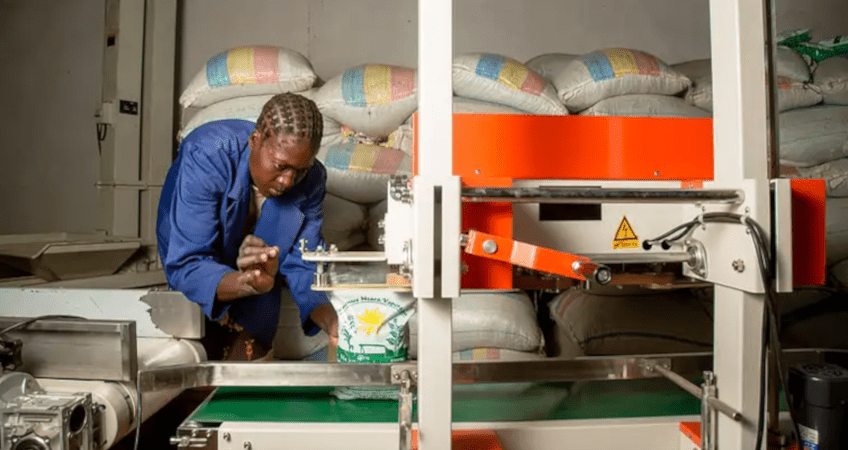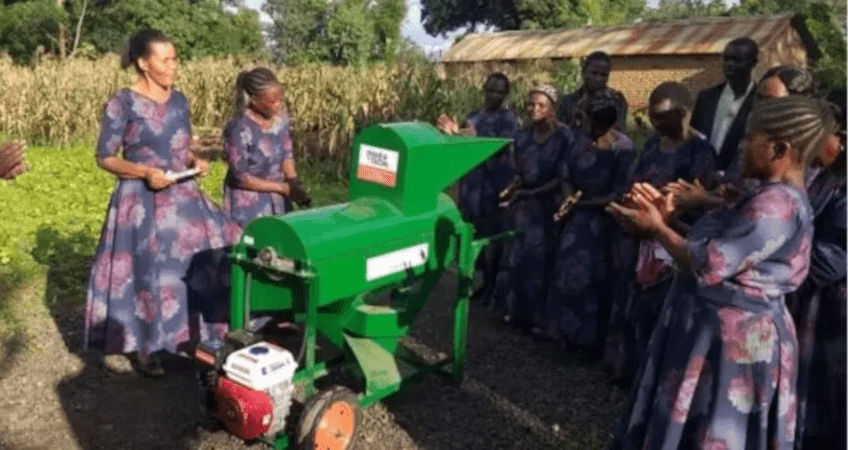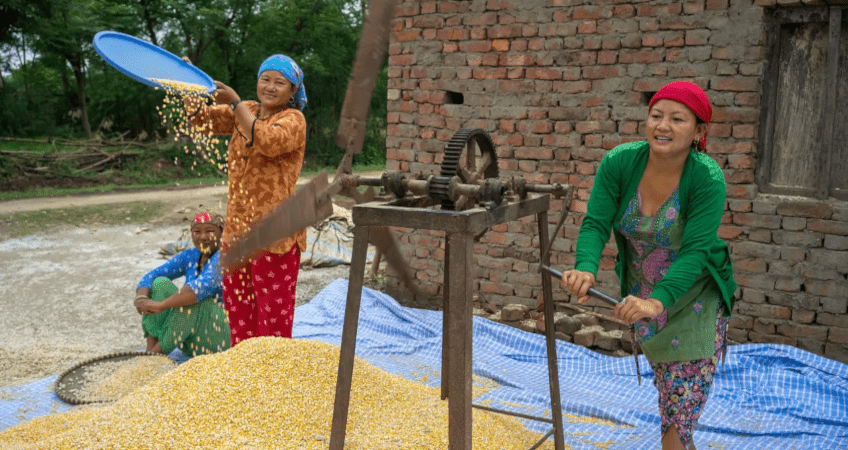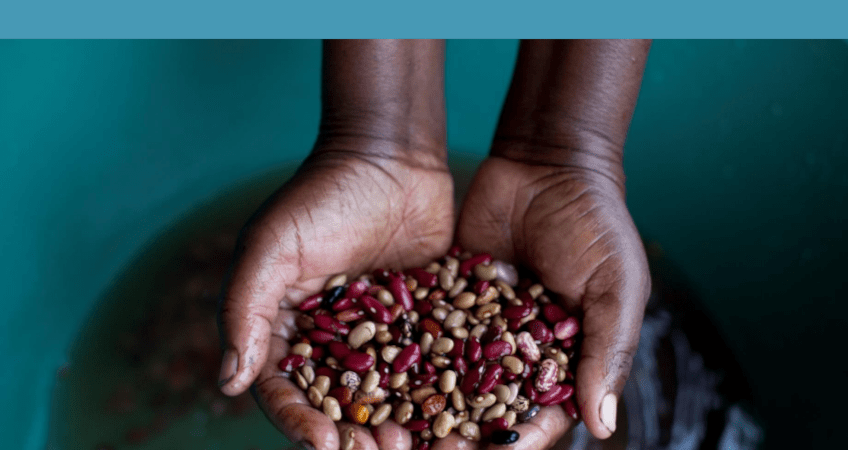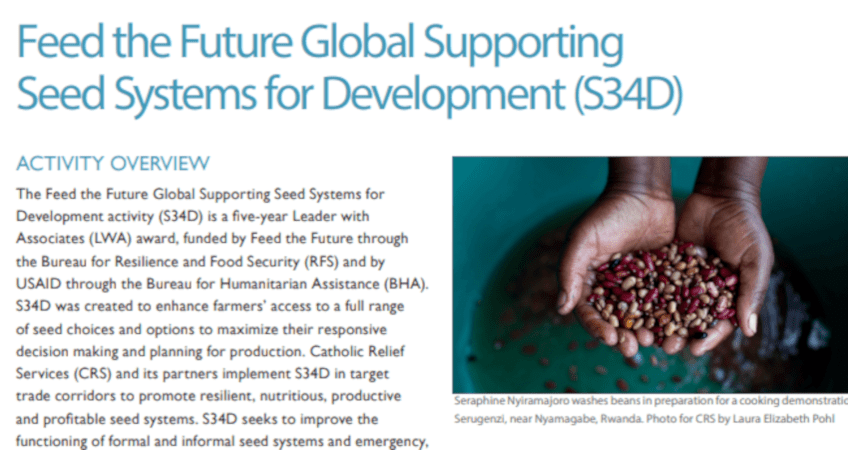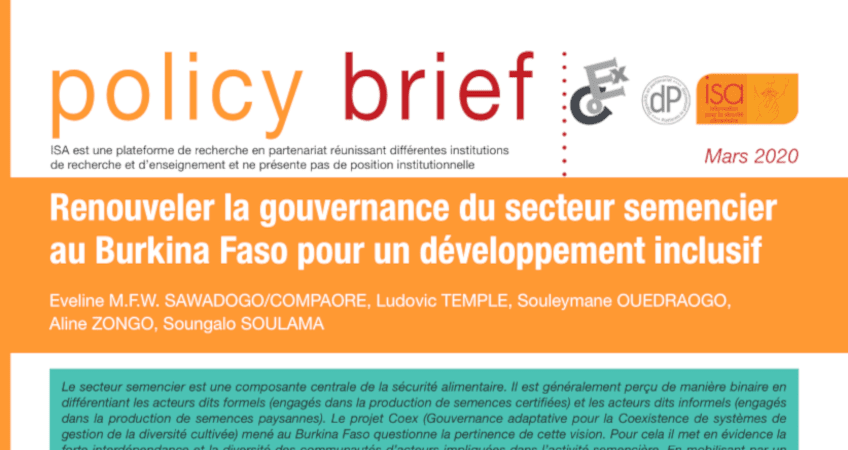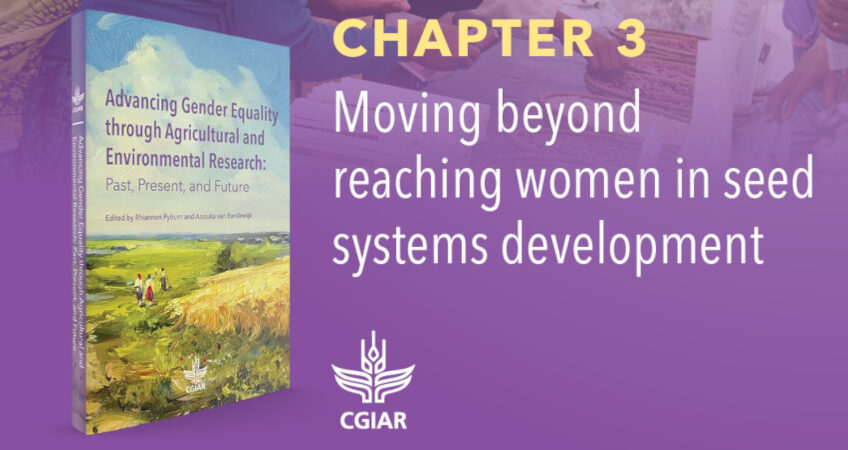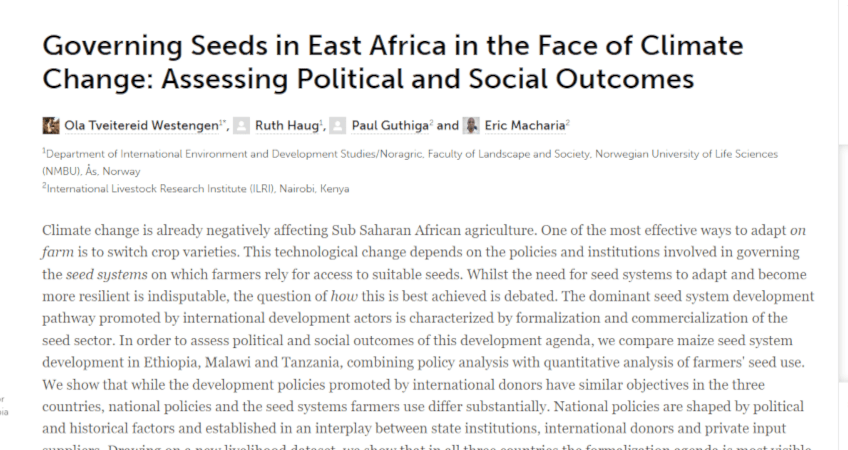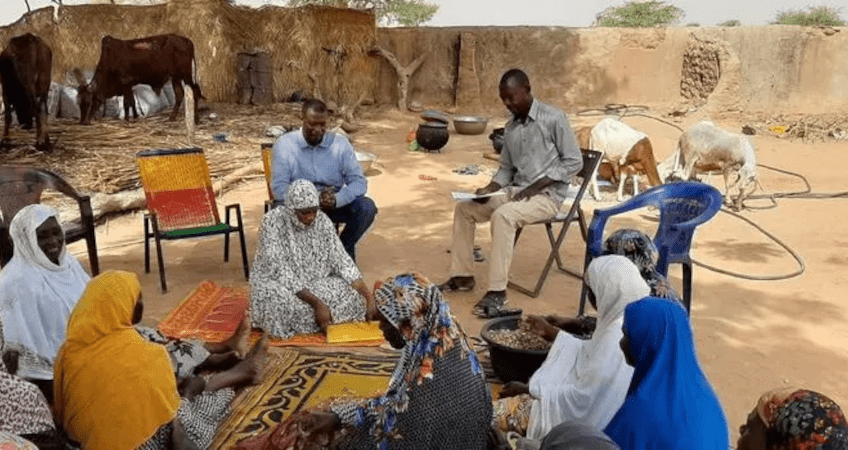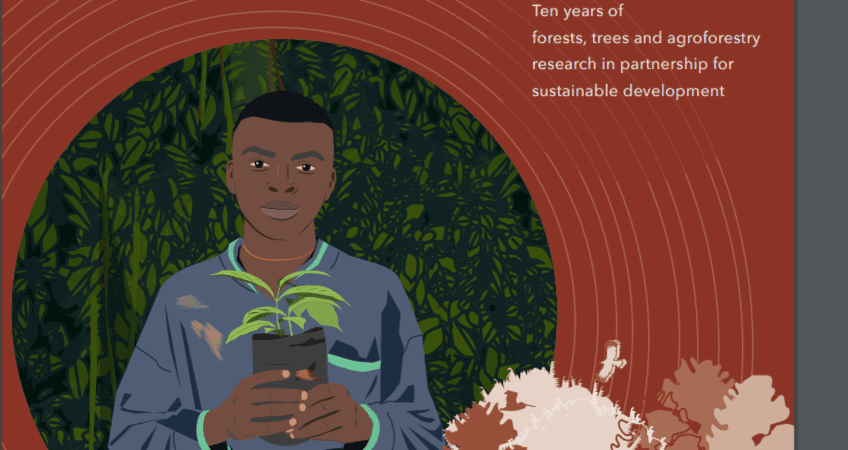
Week 45 – Research Findings: FTA Highlight No. 2 – Tree Seed and Seedling Systems for Resilience and Productivity
Author: Lars Graudal, CIFOR, 2022
Topics: seed system development; tree seeds; forests
Tree seeds and seedlings for planting purposes are the starting point from which farmers, foresters and others are able to grow trees. They are produced and made available through “seed systems”. These seed systems have been a major topic of work by FTA in the last decade because of the constraints faced by actors on the ground in obtaining tree-planting material corresponding to their needs and of good quality. (…)READ MORE
